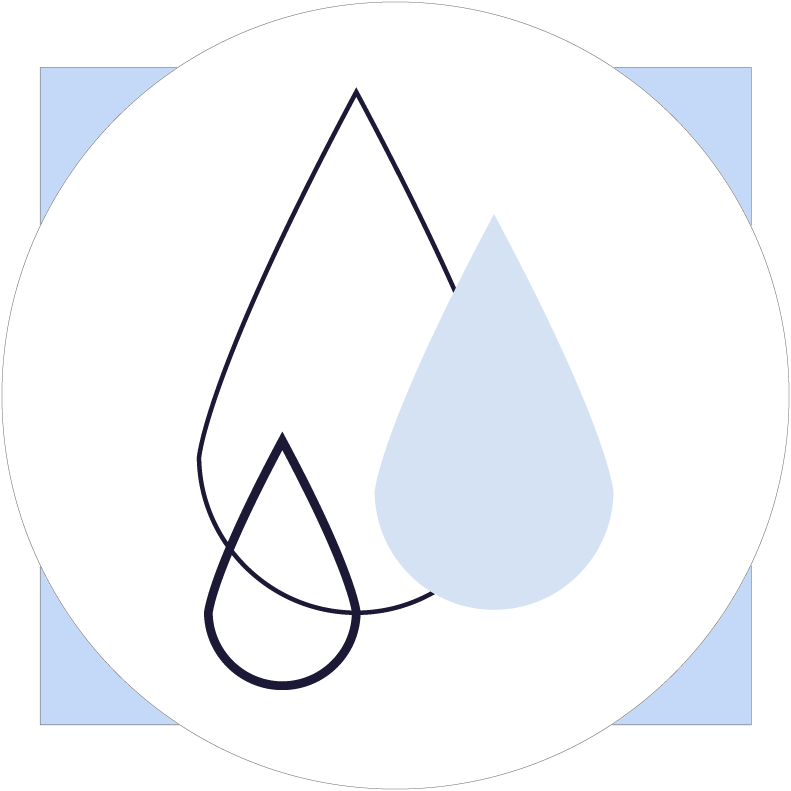Bladder Issues
You cough, you sneeze, you exercise–you pee a little. Lack of bladder control, or stress incontinence, can be caused by pregnancy, childbirth or menopause. You know, all the things women do. There’s also urge incontinence and overflow incontinence. Fun times!

50%
OF MENOPAUSAL WOMEN EXPERIENCE URINARY INCONTINENCE
Is this normal?
Yes. Your vagina and bladder aren’t simply neighbors. The bladder is actually supported by the vagina and both are rich in estrogen receptors. Weak vaginal walls lead to poor bladder support.
What can you do?
No need to live with urinary incontinence! There are exercises to strengthen the pelvic floor as well as medical options. Some women find they are helped by using topical estrogen.
Head over to our product page to see what your options are. A menopause-trained physician will review your choices and let you know your best options. Start feeling better NOW!

FAQ
What’s the deal with urinary incontinence during menopause?
We wish urinary incontinence weren’t something that happens during menopause. But, it is, so here we are. You may already know the feeling: you sneeze or you cough or you jump during a workout, and your bladder leaks. Even if you try really, really hard to make sure that doesn’t happen.
Urinary incontinence happens to women, and it’s not just during menopause. It can also be a super not fun part of pregnancy and childbirth. There’s also urge incontinence, which is when you feel a constant urge to pee (even when your bladder is actually empty), and overflow incontinence, which is when your bladder doesn’t fully empty when you do use the bathroom, and then leaks. The issue tends to get worse as you age.
Is this normal?
It most certainly is. Millions of other women also experience bladder leaks. You’re absolutely not alone.
What causes urinary incontinence?
Here’s what’s happening. You already know your bladder, vagina, and urethra all work together. All three are rich in estrogen receptors, and the bladder is supported by the vagina. As your estrogen levels drop during menopause, your vagina, urethra, and bladder all weaken. The vagina isn’t able to offer the bladder the support it needs, and that’s how leaks happen.
Can I do anything to fix this?
You will be pleased to know that there are definitely things to do about it. You don’t have to suffer. Hurrah!
It can be as simple as doing kegels to strengthen your pelvic floor. They’re really effective, and you can do them while you’re working, having dinner, watching TV, or really anything. There are also medical options, including topical estrogen.


















